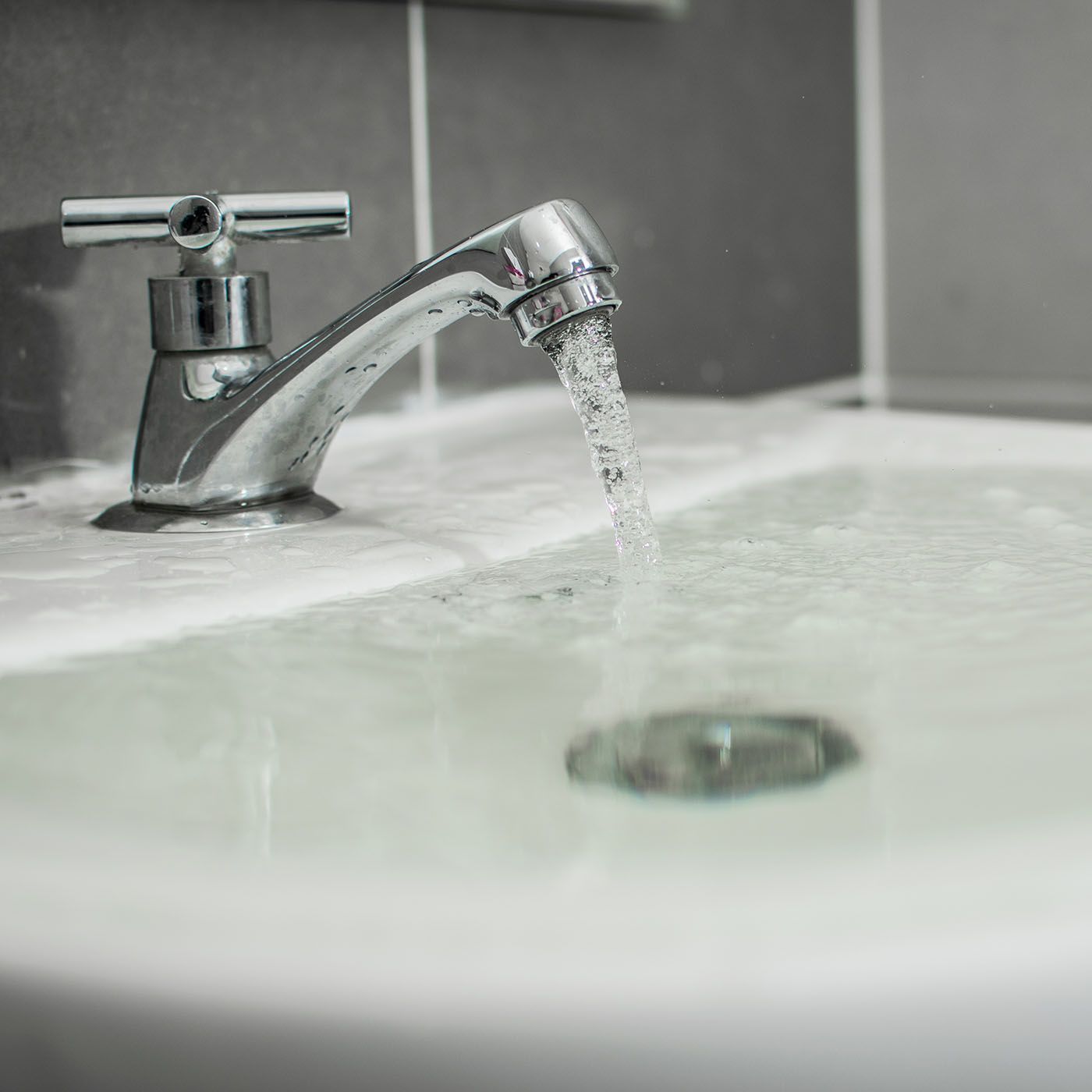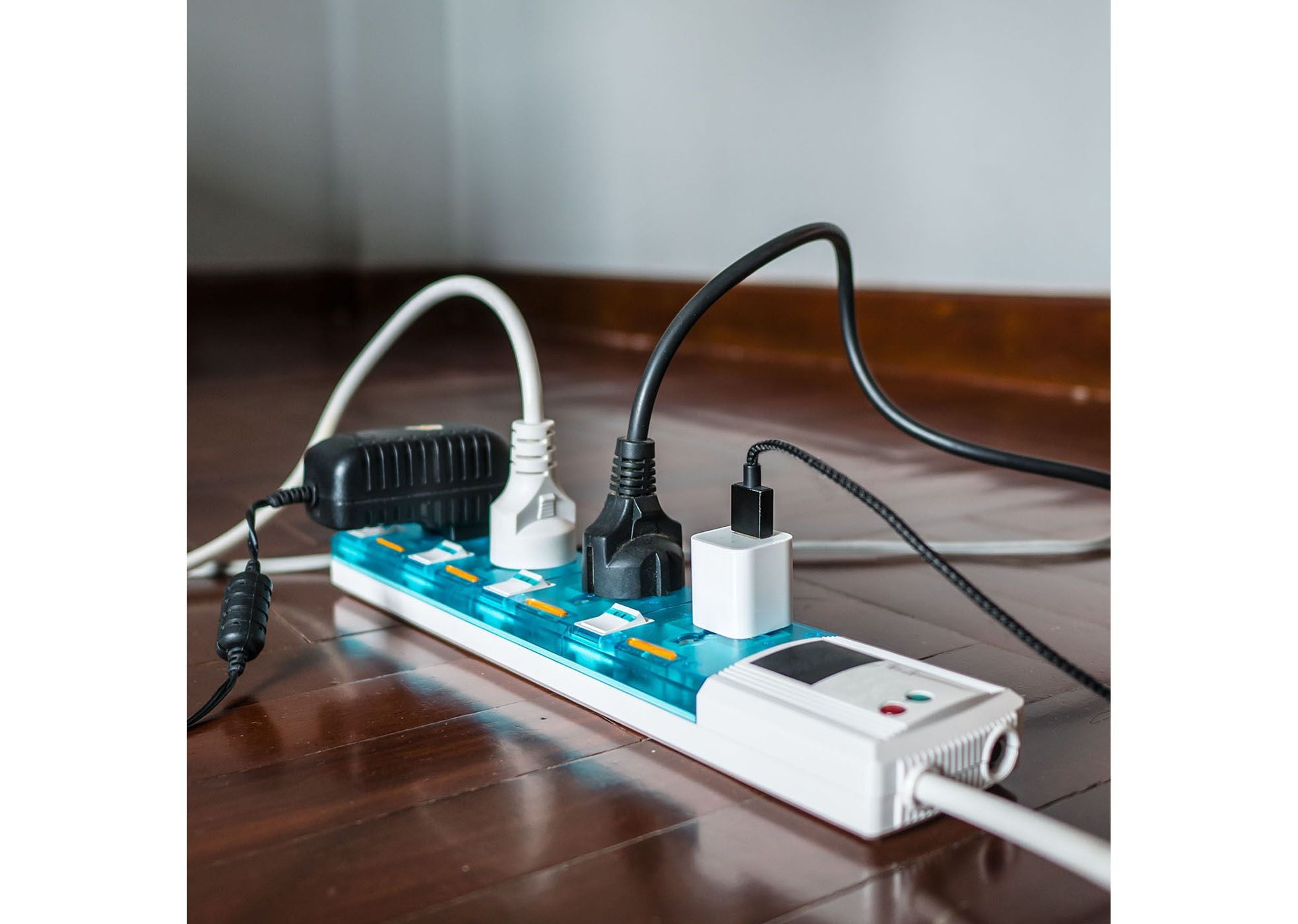
Reduce Your Overconsumption and Waste
Written by Tigre HallerUnderstand Your Consumption Habits
If you’re like many people, you might be overconsuming and wasting without even realizing it. We all do it at one time or another. But, how do we actually know when it is happening, and what can we do to change it?
Reducing personal overconsumption and waste takes a few tweaks in our daily routines, personal shopping habits and the way that we interact with the world at large. Really, it is that easy and incredibly rewarding for all involved.
When I was growing up with a big family on Long Island, NY, my parents made every dollar stretch. That meant (among other things) quick showers, buying things that would last, hand-me-down clothes, bulk groceries, repair rather than replace, turning off lights when you left a room and only using what you needed to. These habits followed me into adulthood and I am thankful for it. Not only does my money last longer, I know that I am doing what I can to conserve resources.
This blog post will explore the way we all over consume and waste, the effects of overconsumption, and give you actionable tips on how to manage it on a personal level.
What is Overconsumption?
Overconsumption encompasses everything from eating too much, to hoarding food or overindulging in alcohol, to buying things we never or hardly ever use, or things that aren’t made to last. Indeed, some manufacturers deliberately make items which will have to be replaced after a predetermined amount of time, either because they become obsolete or there is an inherent desire on the part of the consumer to get the upgrade.
Referring specifically to how much overconsumption and waste has increased in the fashion industry since the 1950s, Conde Nast explains “Overconsumption...outpaces the real needs of people and the capacity of the global ecosystems to regenerate.”
Read on to learn about the specific ways overconsumption and waste manifest in your daily life, and what you can do to combat it.
Wasting Energy

Perhaps the most obvious form of wasting energy is when you leave a light on in a room or hallway that you're not using. This is actually a pet-peeve of mine. My mother drilled into all of us kids the habit of turning lights off when you leave a room (I can still hear her mantra). It probably annoyed me and my siblings at the time, but it really instilled in me the importance of saving energy. As an adult I find myself constantly turning off lights in unoccupied spaces (maybe a bit obsessively.)
This practice goes beyond light switches and extends to many things we probably don’t even think about.
Let me introduce you to an entire species of creatures in your life you may never have heard of and should really be aware of:
Energy Vampires
As the name suggests, energy vampires feast upon electricity whenever they are plugged in but not actually doing anything. (These types of energy vampires are not to be confused with the human kind who zap you of your emotional energy.)
Energy vampires lurk everywhere and we mindlessly enable them. According to Duke Energy, “...phantom energy suckers can account for as much as 20% of your monthly electricity bill.” That can add up quickly. In addition to the dent in your wallet, think of the damage this useless activity is doing to the environment.
You can put a stop to energy vampires with the simple acts of controlling the flow, or unplugging them from the power source!
Before you can do that, you need to figure out where they are hiding.
Take a look around any space you occupy. How many things are plugged in at this moment? The computer, appliances, hairdryers, irons, lamps, phone chargers (a/k/ a wall wart), bricks…
(A brick is a large black box that is often found on cords used with laptop computers, televisions and some cable TV equipment.)
Ask yourself if any of these things really need to be sucking up all that electricity. In reality, if it isn’t performing a particular function at the moment, or it is fully charged-up, it probably doesn’t need to be plugged in. Leaving certain devices like a rechargeable battery or a cell phone plugged in past the recharge stage can actually cause damage to it.
For example, you probably keep lamps plugged in because you need and want to be able to turn them on at your convenience. And, possibly the outlet is behind another piece of furniture. Is it really too much trouble to make the outlet more accessible so that you can unplug the lamp when it’s not in use?
You can either unplug the appliance or device, or plug them into smart power strips which will automatically cut off power when the device is not in use. For instance, I always unplug my coffee maker and washing machine after they’ve done their jobs. Televisions and cable boxes are a bit more tricky since it would be difficult to re-plug every chord and wait for the satellite connection to be reestablished every time I want to watch something. That’s where the power strip comes into play. You can also use the sleep mode inherent in many devices to activate a dormant state which uses less energy.
Take a proactive approach by choosing appliances and gadgets which are energy efficient and have a low consumption rate. Pay close attention to how often you use the washing machine, open the refrigerator, throw something into the microwave, etc.
You might also want to choose alternative ways of doing things, such as air drying your clothes instead of using the dryer, or letting your hair dry naturally. When it’s cold weather season, consider lowering your thermostat, turning the space heater down low and wearing a sweater. Follow the tips in my earlier article Cope with the Cold. By the same token, in the warmer months, open windows instead of cranking-up the air conditioner and keep yourself cool by wearing lighter fabrics, and following these 7 Ways to Beat the Heat.
And remember to turn off those lights when you leave a room.
Wasting Water
Another culprit of overconsumption and waste is when you let the water run, and run, and run… According to the US Environmental Protection Agency, the average US household uses 300 gallons of water per day. That adds up to 109,500 gallons per year. Can you imagine what that looks like?
This waste can be seen most starkly if you let the water run when you brush your teeth, take a long shower or wash dishes and a seemingly endless stream of water flows right down the drain.
An eight minute shower uses 17.2 gallons of water. Over time that can add up to tons of this precious resource completely wasted. Try to cut down on your shower time, if possible. Growing up in a large family, we all got very good at shower efficiency, but I’ve never been able to get below 10 minutes. It’s something we can all try to do.
If you are using your toilet for more than the disposal of human waste and toilet paper, you are wasting huge amounts and potentially damaging the pipes. Every time you flush you use five to seven gallons of water. You can manage this by getting a water-efficient toilet with options to flush either liquid or solid waste.
Per the Green Action Centre, a household of four can save over 100,000 litres - 16,417 gallons - of water per year by installing low-flow toilets, faucets and showerheads.
You should also make sure your washing and dishwashing machines are water-efficient and only run them when they are full. If you wash dishes in the sink, try filling the sink up with soapy water, soak and scrub the dishes, then rinse them off. Or simply scrub the dishes with a wet sponge then rinse them off as quickly as possible.
March 15 through March 20 is “National Fix a Leak Week” and many states mark the occasion by promoting awareness of water waste, conservation and encouraging consumers to check for - and fix - leaks. But, you don’t need to waste time waiting for this annual event, be sure to take care of leaks as soon as you see them. Doing so will not only help you cut down on water consumption, and save you money, it will also help you avoid a potential disaster down the line.
Another fun way to conserve water is to use the cooled water from cooking pasta or vegetables to water your plants. Your green friends will welcome the extra nutrients.
Buying Responsibly

Think about your buying habits for a moment. During the pandemic and the seemingly eternal lockdown, many of us turned to delivery services to get what we needed. That included groceries, liquor, meals from restaurants and Amazon overload.
Yes, pandemic buying may have been an anomaly in your usual routine, but it might be a good idea to reflect upon it. How often do you stop to think about where products come from, who made them, and under what conditions? Buying from companies which practice ethical manufacturing, and create high-quality items which will last for many years - like Beckett Simonon does - is something to be taken seriously and has a direct effect on the global waste cycle.
Knowing the source of the items you purchase is integral to understanding how your buying decisions affect others and the planet. Actually, buying ethical fashion can change your life.
Donate Your Unwanted Items
When you are done with something that is still usable, why not donate it instead of automatically throwing it onto the overburdened trash heap? Whether it be an appliance, a computer, cell phone, television, eyeglasses, shoes, toys or clothes, there will always be someone who can use it, or an organization that can turn it into much needed funds.
Finding a new home for your unwanted items is as easy as reading my article, How to Donate Your Clothes, or doing a quick internet search. Really, there is no reason that something which is in good condition should be discarded out of hand.
Conclusion
Hopefully this post has enlightened you on what overconsumption and waste mean to you, and has given you clear steps on how you can lessen both in your own life.
It is an ongoing process, but one we all need to be mindful of on a daily basis. The Earth’s resources are not infinite, as much as we sometimes think they are. If we all make even seemingly small efforts in which we utilize them, and to manage our consumption, it can have a tremendous effect when combined on a global scale.
Minimalism is also an important concept as it relates to minimizing overconsumption and waste. You can delve deeper into this concept by reading my colleague Gavin’s article on the subject here, by watching the Netflix documentary Minimalism: A Documentary About the Important Things.
Please let me know your thoughts on this article, and how you manage consumption and waste by leaving a comment below.
Leave a comment
Please note, comments must be approved before they are published.